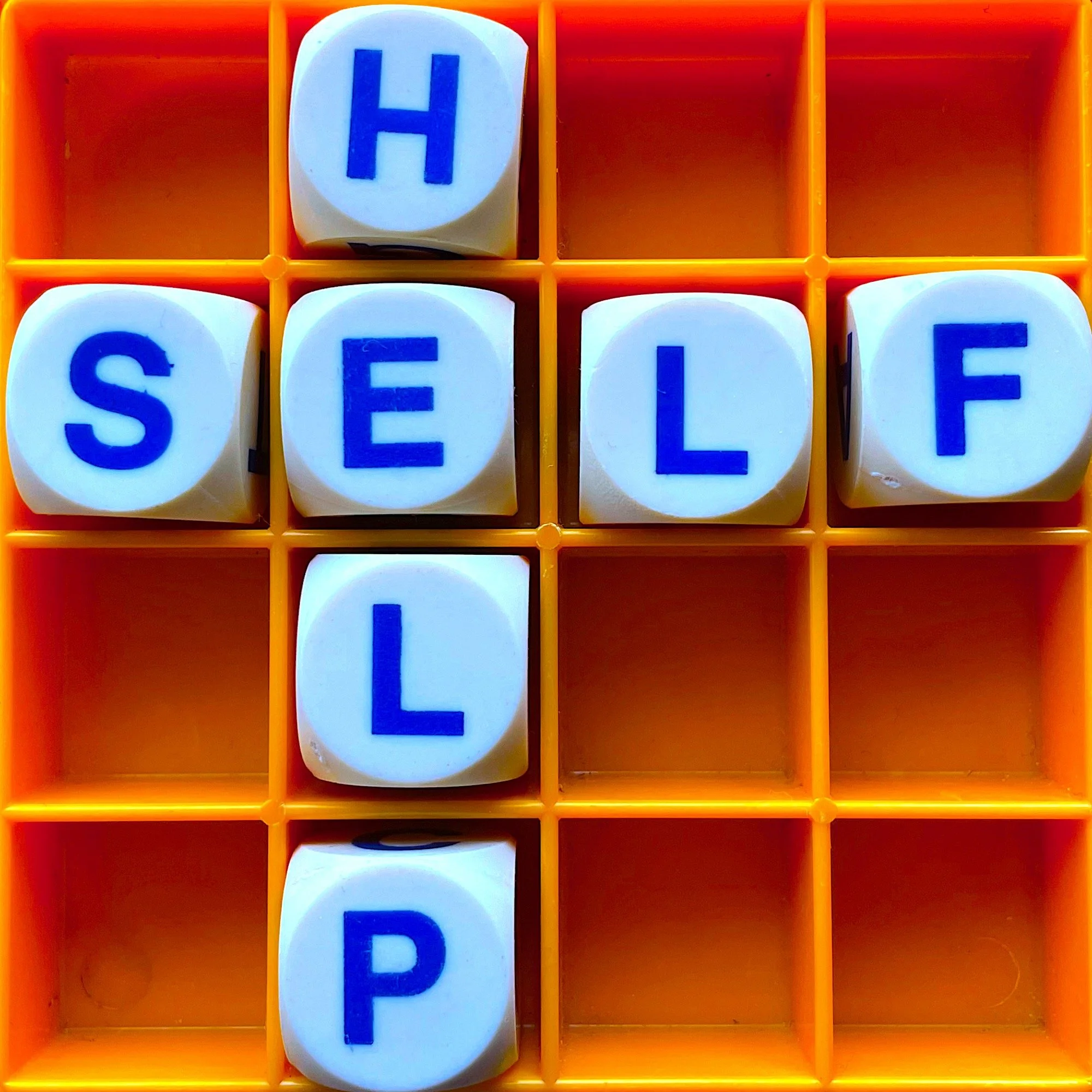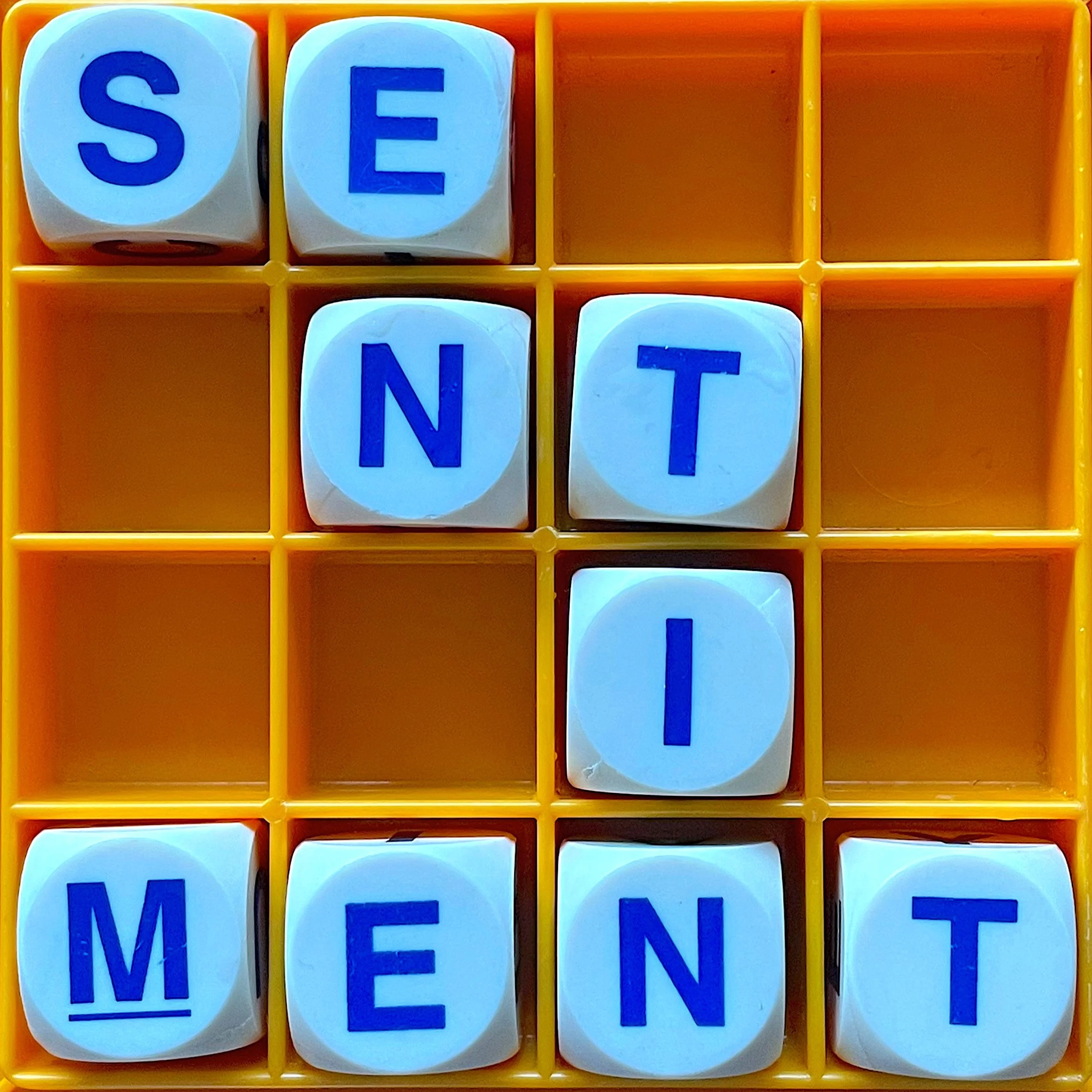JOLENTA GREENBERG: One of the main things a lot of these books like to do is remind you how bad you are at the beginning. Just like a pickup artist, there will be a chapter or two sort of negging you, or being like, “You know you're lazy about this.” A lot of books make you admit - some even make you write down all the areas like you're failing in or not putting 100% into, and so you literally will have a list sometimes of reasons why you suck. And then they're like, “And now I have the answers!” And it's like, “But you made me make up these problems in the first place.” So they like to dig you in a hole and then be like, “I can dig you out, too.”
Read moreAllusionist 161 Sentiment transcript
SANDHYA DIRKS: When we talk about empathy: the idea that you can get outside of yourself, that we can imagine someone else's experience is so audacious, because human beings are not that freaking imaginative. I mean, like a unicorn is just a horse with a horn! We did not go that far to get to our most magical creature. We just like grafted two things on top of each other.
Read moreAllusionist 82 A Novel Remedy transcript
When you’re not feeling well, which books do you turn to to make yourself feel better?
I asked this question on the Allusionist Facebook and Twitter, and hundreds of you responded, but a few answers came up again and again:
Terry Pratchett, Douglas Adams, JRR Tolkien.
Makes sense. Science fiction, fantasy: what’s more escapist?
Jane Austen. PG Wodehouse.
Also escapist, thanks to period setting - and, rich people problems not health problems.
Things you read when you were a child: Moomins, What Katy Did, Anne of Green Gables…
Taking you back to a time in your life that perhaps felt safer, or simpler...
...Harry Potter.
Boarding school shenanigans! Wizard problems not real life problems!
And, Agatha Christie.
Poison! Gunshots! Stabbing! Hang on, why would stories about murder make us feel better?
Well, they’re kind of supposed to make you feel better.
Read more


